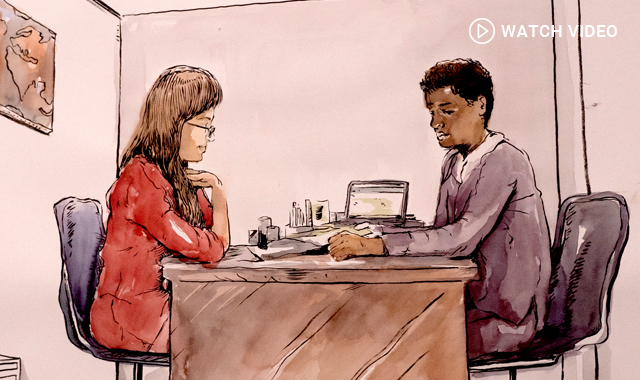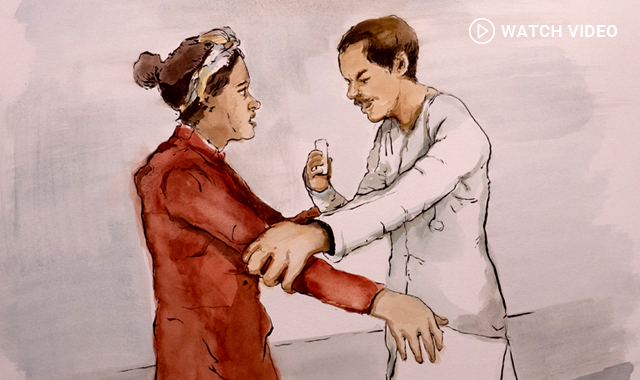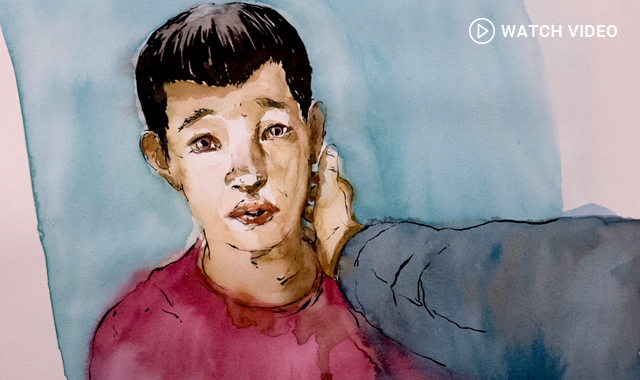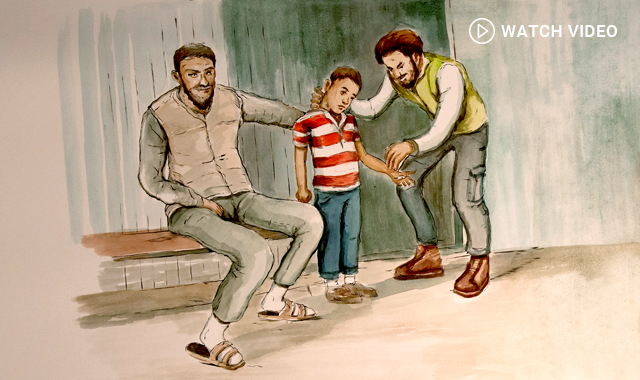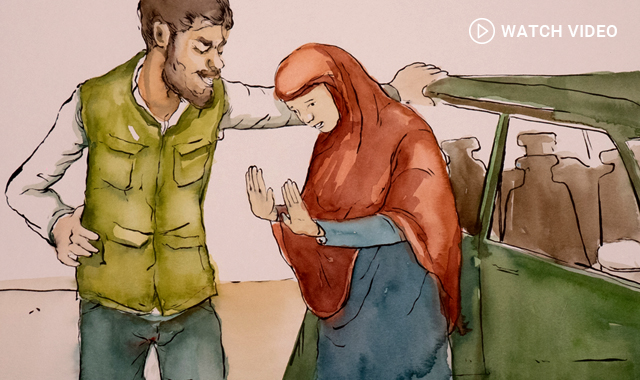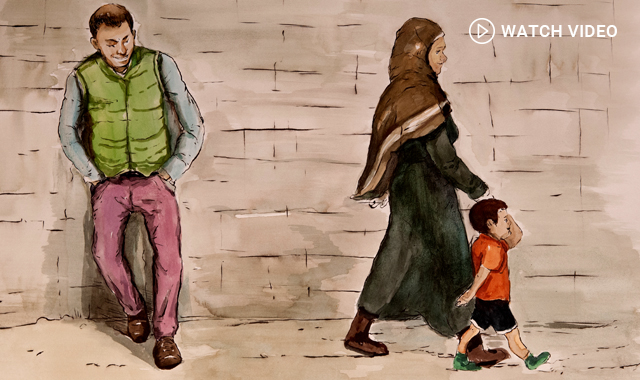
Have you ever been asked to do sexual favors in exchange for a service or an item?
Have you noticed an on-going situation of SEA? Don’t hesitate.
Have you ever seen a co-worker getting sexual advantage from a beneficiary?
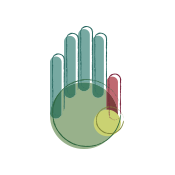

People in need are vulnerable and in many cases desperate. It is at that time that greedy and morally corrupt people will exploit and abuse the weaker ones. Abuse of power and sexual exploitation are not rare phenomena in humanitarian missions, where people are often in extreme need of aid. Even the rarest cases are not acceptable, because such practices corrupt the grid of our society.
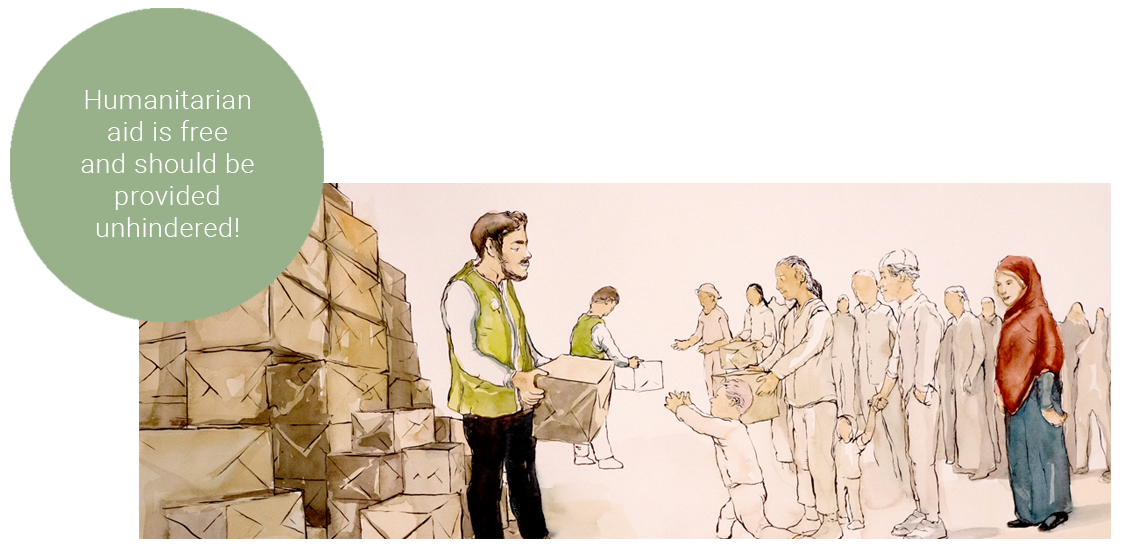
The six core principles of Prevention against Sexual Exploitation and Abuse (PSEA)
were the result of the concern of the Inter-Agency Standing Committee (IASC), focused on preventing such practices by humanitarian aid workers. All of the UN bodies (such as UNHCR, IOM, UNDP, UNICEF, WFP, FAO, WHO, UN-HABITAT and OCHA) are being represented in the IASC. Every one of the above organizations, along with 78 humanitarian organizations like NRC, RC, JRS, CARITAS, MSF, IRC, HIAS, and others, have agreed to follow these principles within their missions. This commitment establishes the conditions to actively create and maintain pathways for reporting incidents, while developing reporting mechanisms that are victim centred and accessible.
Click here to read the principles
If you have ever been asked to do sexual favors in exchange for a service or an item.
Report it
![]()
If you notice an on-going situation of SEA, don’t hesitate.
Prevent it
![]()
If you ever see a co-worker get sexual advantage from a beneficiary.
Stop it
![]()
IASC Six Core Principles Relating to Sexual Exploitation and Abuse.
1.Sexual exploitation and abuse by humanitarian workers constitute acts of gross misconduct and are therefore grounds for termination of employment.
2.Sexual activity with children (personsunder the age of 18) is prohibited regardless of the age of majority or age of consent locally. Mistaken belief regarding the age of a child is not a defence.
3.Exchange of money, employment, goods, or services for sex, including sexual favours or other forms of humiliating, degrading or exploitative behaviour is prohibited. This includes exchange of assistance that is due to beneficiaries.
4.Sexual relationships between humanitarian workers and beneficiaries are strongly discouraged since they are based on inherently unequal power dynamics. Such relationships undermine the credibility and integrity of humanitarian aid work.
5.Where a humanitarian worker develops concerns or suspicions regarding sexual abuse or exploitation by a fellow worker, whether in the same agency or not, he or she must report such concerns via established agency reporting mechanisms.
6.Humanitarian workers are obliged to create and maintain an environment which prevents sexual exploitation and abuse and promotes the implementation of their code of conduct. Managers at all levels have particular responsibilities to support and develop systems which maintain this environment.

You may speak to the focal point of “Prevention of Sexual Exploitation and Abuse” of your camp or your shelter. If this is not possible, head directly to the manager of the abuser. Whether you are a victim or a witness, your testimony counts! Anonymity should be kept, while at the same time the best interest of the abused must be preserved. Also, keep in mind that no action can be taken without the consent of the victim. Reporting such actions is safe, ethical and it reduces and discourages the abusers, while saving future victims from being exploited.
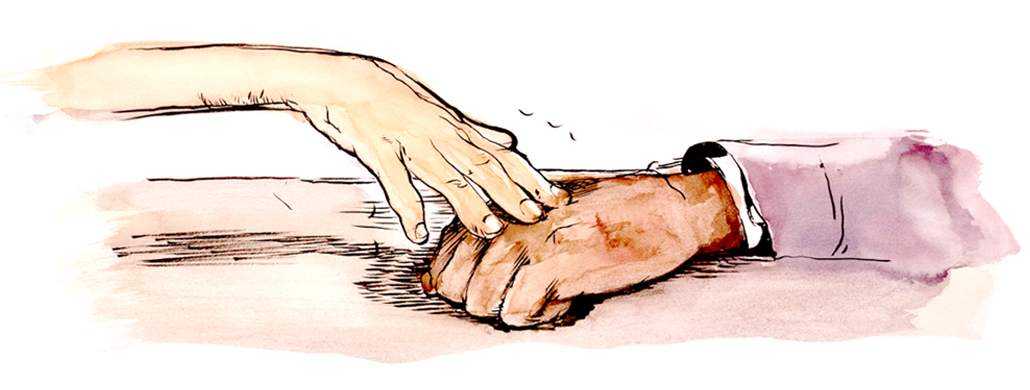
This campaign was made with the support of the Interagency PSEA Outreach and Communication Fund. Support for the production of this website does not constitute an endorsement of the contents which reflects the views only of the authors.
Realized by Cinergies Co-Op


